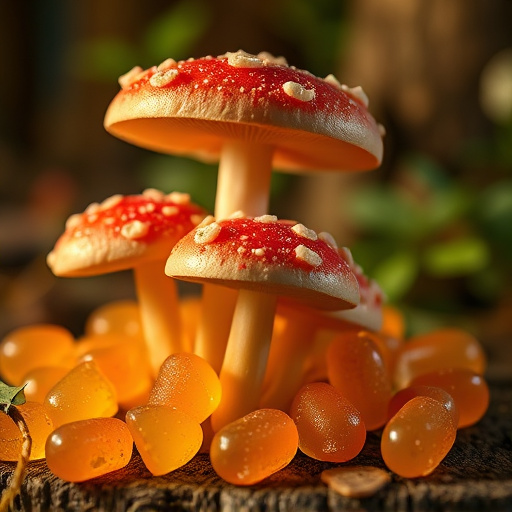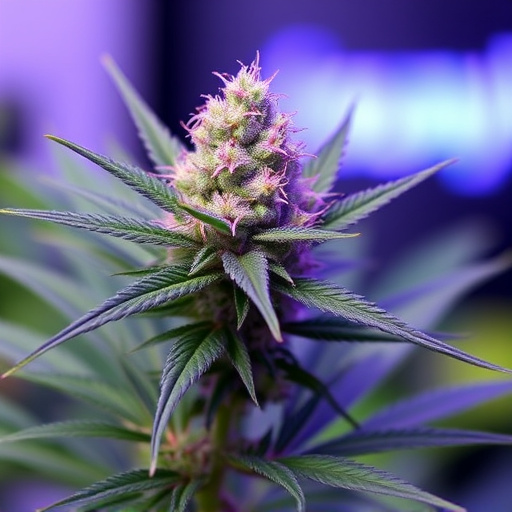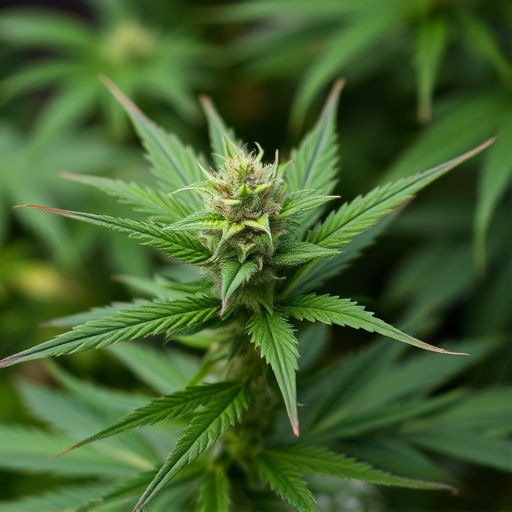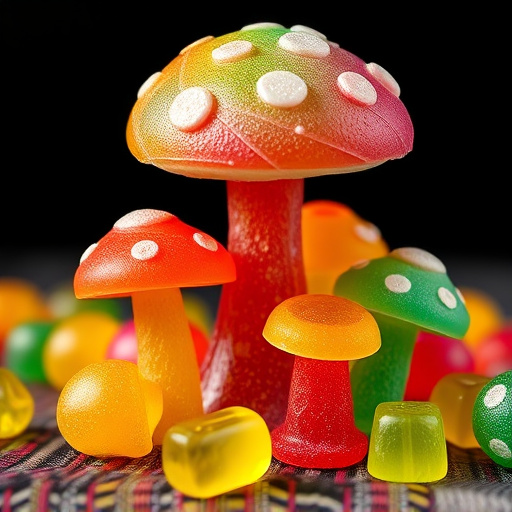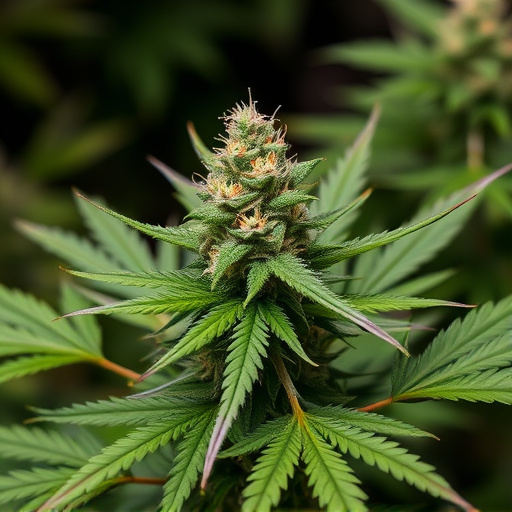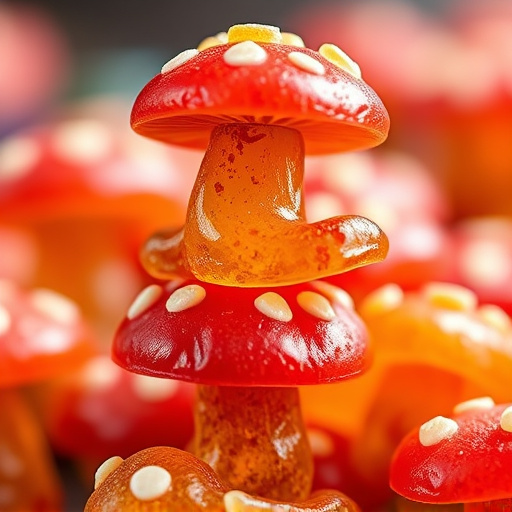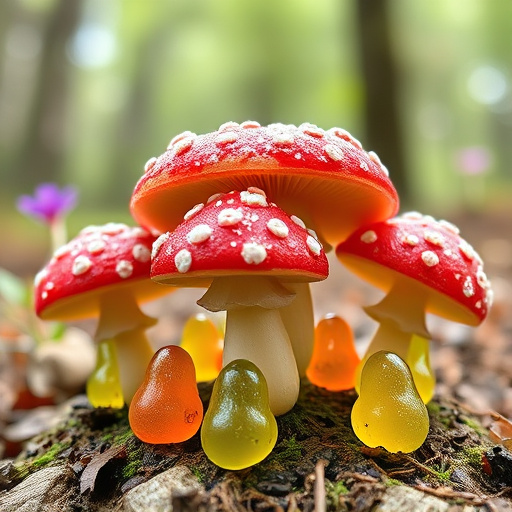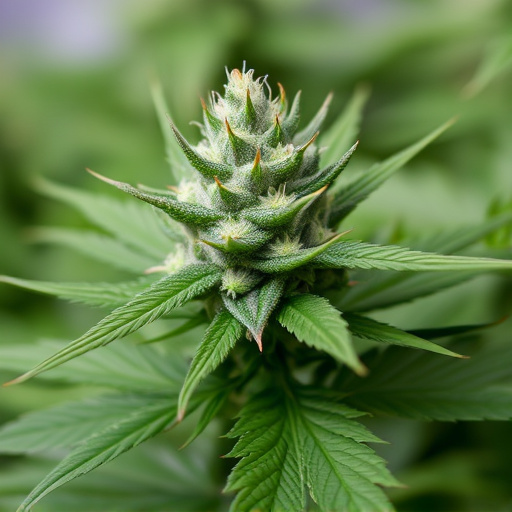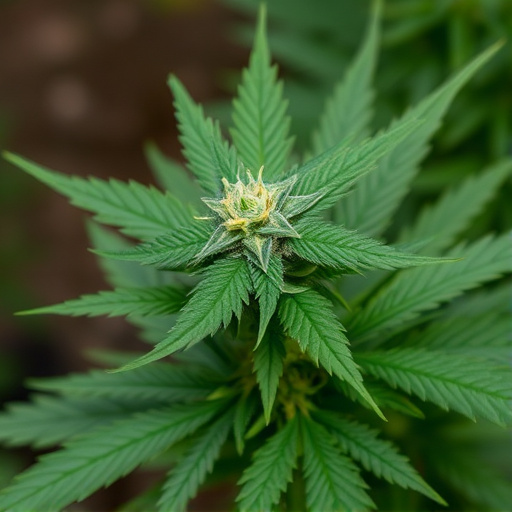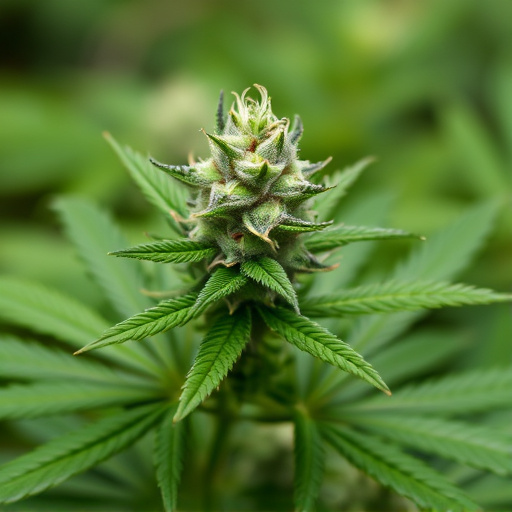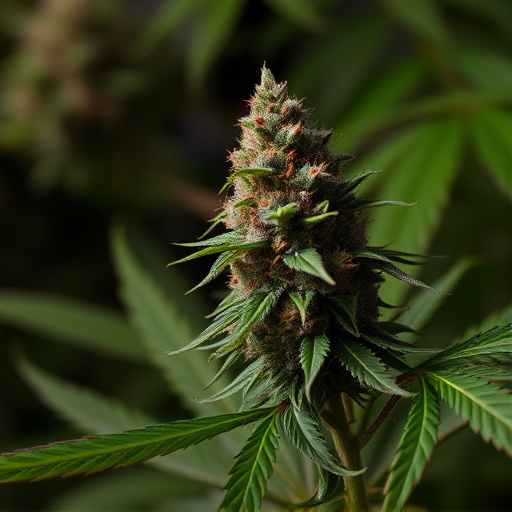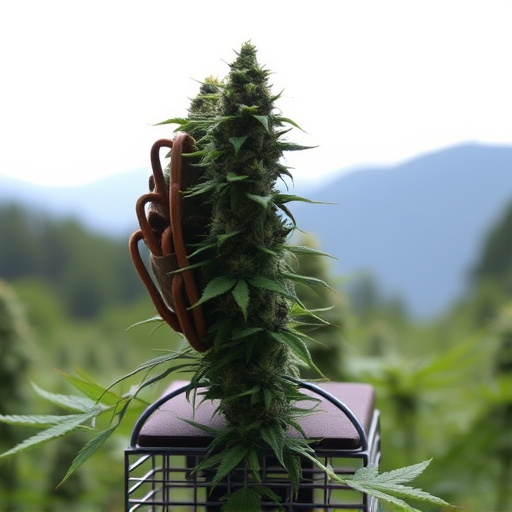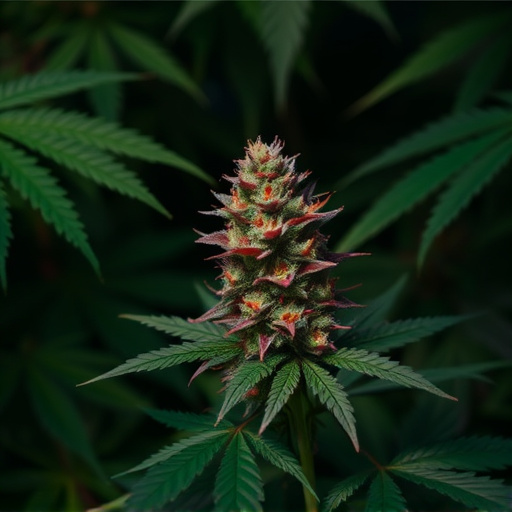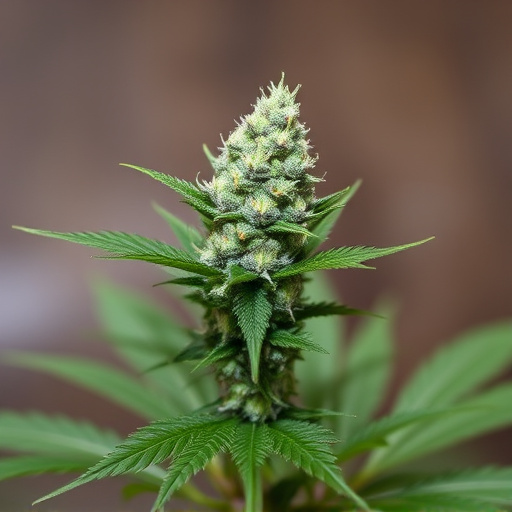The genetics and cannabinoid profile of cannabis strains significantly impact their effects on anxiety. High-CBD strains are popular for reducing anxiety without intoxicating effects, while higher THC content can induce anxiety. Genetic diversity allows for breeding specific varieties with targeted therapeutic benefits. When selecting cannabis strains for anxiety, it's crucial to consider the balance of cannabinoids and terpenes tailored to individual needs, as certain combinations may be more effective in managing stress and promoting calmness.
Cannabis, with its complex interplay of genetics, biology, and environment, offers a spectrum of effects that vary greatly from user to user. Understanding these factors is crucial in navigating the potential benefits or challenges, especially for those seeking cannabis strains for anxiety relief. This article delves into the intricate web of influences, including cannabinoid profiles like THC and CBD, genetic variations, individual biological responses, consumption contexts, and environmental settings, all contributing to unique cannabis experiences.
- Genetics and Cannabinoid Profile
- – The role of THC and CBD content in cannabis effects
- – Genetic variations influencing plant characteristics
Genetics and Cannabinoid Profile
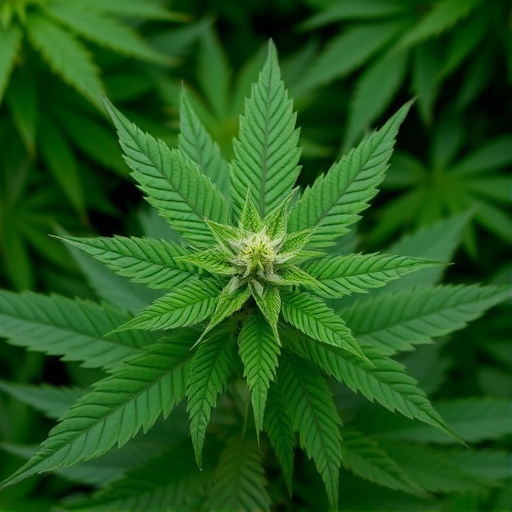
The genetics and cannabinoid profile of a cannabis strain play a significant role in its effects, including its potential to alleviate symptoms of anxiety. Different cannabis strains contain varying levels of major cannabinoids like THC (tetrahydrocannabinol) and CBD (cannabidiol), along with over 100 other compounds known as minor cannabinoids and terpenes. These compounds interact with the body’s endocannabinoid system, influencing mood, memory, perception of pain, and more.
For instance, cannabis strains high in CBD have gained popularity for their potential to reduce anxiety without causing the intoxicating effects associated with THC. Conversely, higher THC content can induce anxiety or paranoia in some users, highlighting the importance of choosing strains suited to individual needs. Genetic diversity among strains also means that specific varieties may be bred and selected for particular therapeutic benefits, including stress and anxiety relief.
– The role of THC and CBD content in cannabis effects
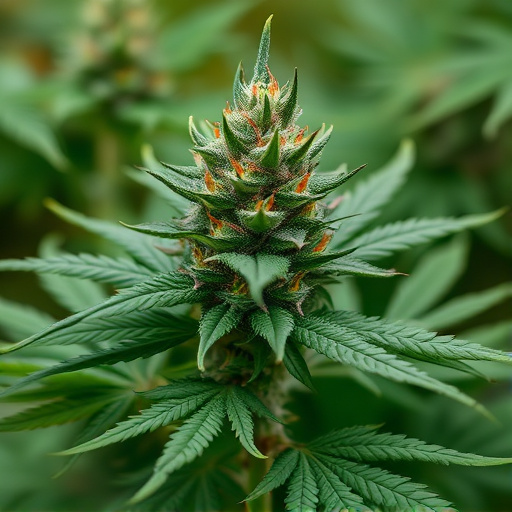
Cannabis users often seek specific cannabis strains for anxiety relief, and the effects of the plant are largely influenced by its chemical composition, particularly the levels of tetrahydrocannabinol (THC) and cannabidiol (CBD). THC is responsible for the psychoactive or “high” effect associated with cannabis. Higher concentrations of THC can intensify feelings of relaxation and euphoria but may also increase anxiety, especially in those prone to it. On the other hand, CBD does not produce any intoxicating effects and is known for its calming properties. It interacts with the body’s endocannabinoid system to reduce stress and anxiety without altering consciousness, making cannabis strains for anxiety with higher CBD content appealing to many users looking for a relaxed state without impairment.
The balance between THC and CBD in cannabis is key to understanding its effects on different individuals. For those seeking relief from anxiety, strains with higher CBD and lower THC may be more beneficial. This combination can help manage stress and promote a sense of calm without inducing feelings of unease or paranoia often associated with high-THC cannabis. Thus, when choosing cannabis strains for anxiety, it’s crucial to consider the unique interaction between these chemicals to achieve desired effects.
– Genetic variations influencing plant characteristics

Cannabis plants, much like any other, have unique genetic variations that significantly impact their characteristics and, consequently, their effects on users. These genetic factors play a crucial role in determining the overall experience one might have when consuming cannabis, especially with popular cannabis strains for anxiety. The composition of cannabinoids, such as THC (tetrahydrocannabinol) and CBD (cannabidiol), is largely influenced by genetics. Different cannabis strains can have varying levels of these compounds, leading to diverse effects on mood, relaxation, and perception of pain.
For instance, certain genetic traits may result in cannabis plants that produce higher concentrations of CBD, known for its calming properties and potential benefits for managing anxiety. Other genetic variations might contribute to the development of strains with more THC, which can induce feelings of euphoria but also increases anxiety in some individuals. Understanding these genetic influences is essential for both cultivators aiming to develop specific cannabis strains for anxiety relief and consumers looking to tailor their consumption experience to their needs.
Understanding the factors that influence cannabis effects, such as genetic profiles and cannabinoid content, is key to navigating the vast array of available strains. When it comes to managing conditions like anxiety, specific cannabis strains can offer unique benefits. By considering both scientific evidence and personal tolerance, individuals can make informed choices to find the perfect strain for their needs, ensuring a safe and effective experience.
